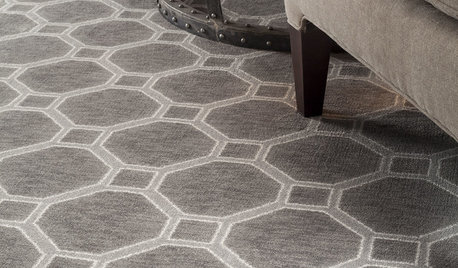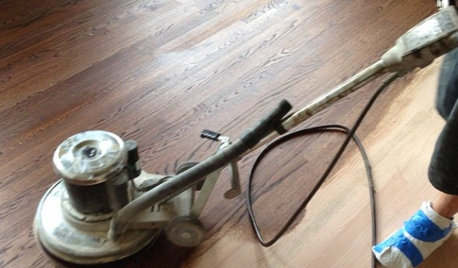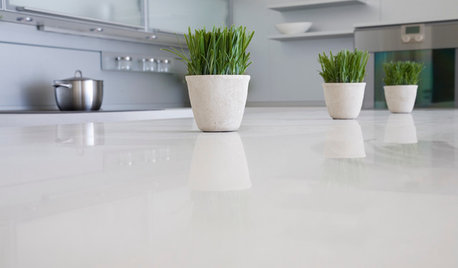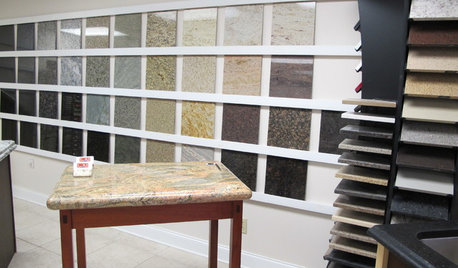Confused about insecticidal soap spray
keepitlow
15 years ago
Featured Answer
Sort by:Oldest
Comments (7)
justaguy2
15 years agomarlingardener
15 years agoRelated Professionals
Arnold Landscape Architects & Landscape Designers · Fort Lee Landscape Architects & Landscape Designers · Saint Matthews Landscape Architects & Landscape Designers · Mount Wilson Landscape Architects & Landscape Designers · Finneytown Landscape Architects & Landscape Designers · Matthews Landscape Contractors · Bethel Park Landscape Contractors · Commack Landscape Contractors · Crystal Landscape Contractors · Fort Mill Landscape Contractors · Kaneohe Landscape Contractors · Live Oak Landscape Contractors · Mount Sinai Landscape Contractors · Plymouth Landscape Contractors · Berkeley Driveway Installation & Maintenancedigit
15 years agodicot
15 years agoCindy Guy Bellwood
8 years agolast modified: 8 years agorhizo_1 (North AL) zone 7
8 years ago
Related Stories

HOUSEKEEPINGDon't Touch Another Stain Before You Read This
Even an innocent swipe with water may cause permanent damage. Here's what to know about how rugs and fabrics react
Full Story
GREAT HOME PROJECTSWhat to Know Before Refinishing Your Floors
Learn costs and other important details about renewing a hardwood floor — and the one mistake you should avoid
Full Story
KITCHEN DESIGNKitchen Counters: Stunning, Easy-Care Engineered Quartz
There's a lot to like about this durable blend of quartz and resin for kitchen countertops, and the downsides are minimal
Full Story
GREEN BUILDINGEcofriendly Cool: Insulate With Wool, Cork, Old Denim and More
Learn about the pros and cons of healthier alternatives to fiberglass and foam, and when to consider an insulation switch
Full Story
EDIBLE GARDENSGarden BFFs? Why Your Vegetables Are Begging for Companion Plants
Foster friendships among plants for protection from pests, pollination support and color camaraderie
Full Story
GARDENING FOR BUTTERFLIESGardening for the Bees, and Why It’s a Good Thing
When you discover how hard bees work for our food supply, you may never garden without them in mind again
Full Story
MOST POPULARHow to Get Rid of Those Pesky Summer Fruit Flies
Learn what fruit flies are, how to prevent them and how to get rid of them in your home
Full Story
HOUSEKEEPINGTackle Big Messes Better With a Sparkling-Clean Dishwasher
You might think it’s self-cleaning, but your dishwasher needs regular upkeep to keep it working hard for you
Full Story
REMODELING GUIDESWhen to Use Engineered Wood Floors
See why an engineered wood floor could be your best choice (and no one will know but you)
Full Story
KITCHEN COUNTERTOPSWalk Through a Granite Countertop Installation — Showroom to Finish
Learn exactly what to expect during a granite installation and how to maximize your investment
Full Story







digdirt2